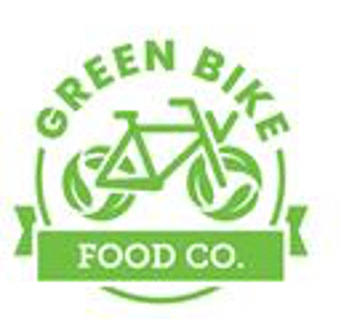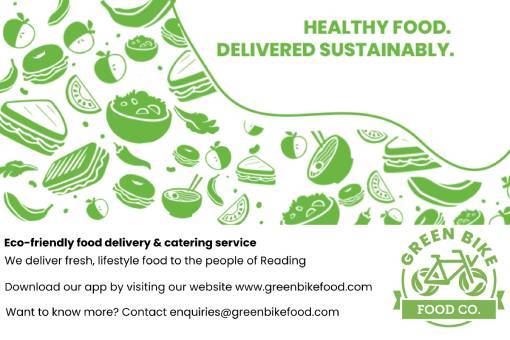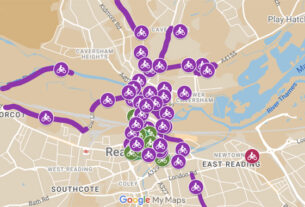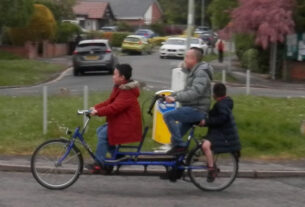 Do you remember seeing food delivery cyclists zipping around city centres 10 years ago? I certainly don’t.
Do you remember seeing food delivery cyclists zipping around city centres 10 years ago? I certainly don’t.
In recent years we have seen a huge swing from independent eateries delivering takeaways on motorised vehicles to now, where app delivery platforms have amassed armies of cyclists completing orders in a more sustainable fashion. However, has this dramatic shift actually benefited the environment?
Delivery cyclists have a carbon footprint of about 21g of CO2 per kilometre, which is less than a tenth of the emissions when driving.
Bikes also don’t have tailpipes releasing toxic particles into the atmosphere and don’t drip oil, fuel and hydraulic fluids onto the road surface – meaning less poisonous runoff into local waterways.
The environmental benefits of using bikes over motorised vehicles for food delivery transportation are clear; however, are the large app delivery companies doing enough to ensure delivery cyclists are being used as much as possible in their service?
Industry giants Deliveroo recently changed prioritisation of delivery vehicles from push bikes to mopeds and cars.
Delivery cyclists have protested that riders using a more ‘efficient’ vehicle are given access to book shifts in advance, which is troubling as shifts can come at a rarity.
Even as a rider with perfect scores for attendance, cancellations and participation in peak hours were placed behind motorised vehicle users.
This unapologetic stance encourages existing delivery cyclists to make the switch if they want to return to their usual access to work and not miss out on their potential earnings.
 In Reading we, at the Green Bike Food Co, are trying to do things a little differently. We are an ambitious startup looking to disrupt the food delivery and catering market.
In Reading we, at the Green Bike Food Co, are trying to do things a little differently. We are an ambitious startup looking to disrupt the food delivery and catering market.
Our focus is on making fresh, lifestyle food all delivered on unique electric powered bikes that form part of the Green Fleet. Our flagship vehicle, the Electronic Assisted Vehicle (EAV), can take up to 80 orders at once, delivered by our Green Biker employees to groups of customers along a multi-stop journey.
This means we do not require nearly as many riders on the road, leaving more space for Reading locals, with less impact on the environment.
The remaining questions are: are these corporate food delivery companies doing enough to promote sustainability throughout their operation? Is there a gap in the market for countrywide startups to innovate and disrupt how we perceive food delivery?
Follow our story as we plant our roots in Reading and begin to grow something special for the future. Keep an eye out for our EAV cargo bikes – and make sure to download our app!
Jack Boitier
Green Bike Food Company


